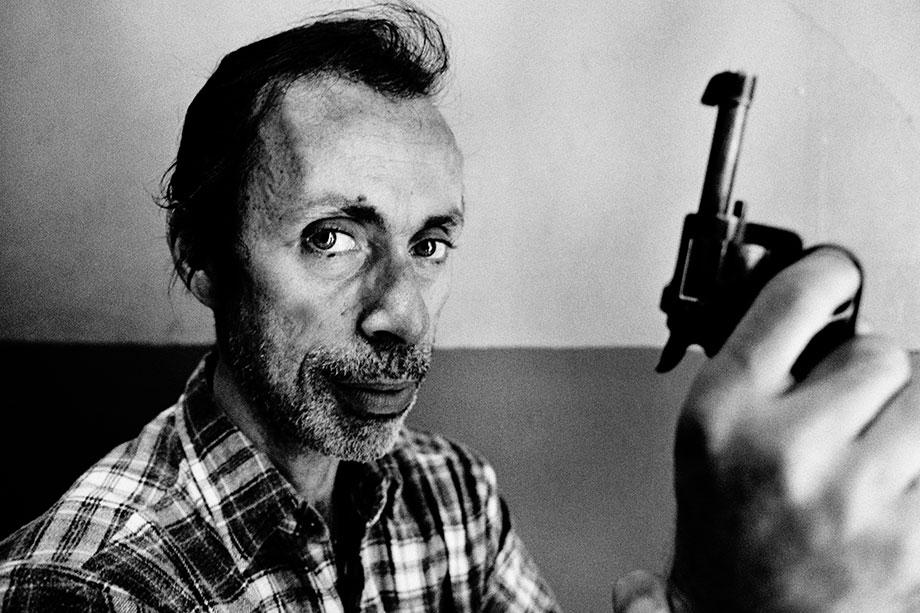For 31 years, photographer Marc Asnin documented his maternal uncle, Charlie Henschke, creating a raw and unflinching series he edited into a book titled Uncle Charlie, published last year by Contrasto.
It’s a journey that began during Asnin’s freshman year of college, when the photographer-nephew still felt hero-worship for his uncle and discovers the many problems his uncle faced.
As a boy, Asnin admired his uncle and his rebellious nature: Henschke was tattooed, kept a gun in his glove compartment, and knew the streets. Although Asnin knew everything wasn’t perfect behind that façade, the complexities behind the image began to emerge as the project advanced.
As a boy, Asnin admired his uncle and his rebellious nature: Henschke was tattooed, kept a gun in his glove compartment, and knew the streets. Although Asnin knew everything wasn’t perfect behind that façade, the complexities behind the image began to emerge as the project advanced.
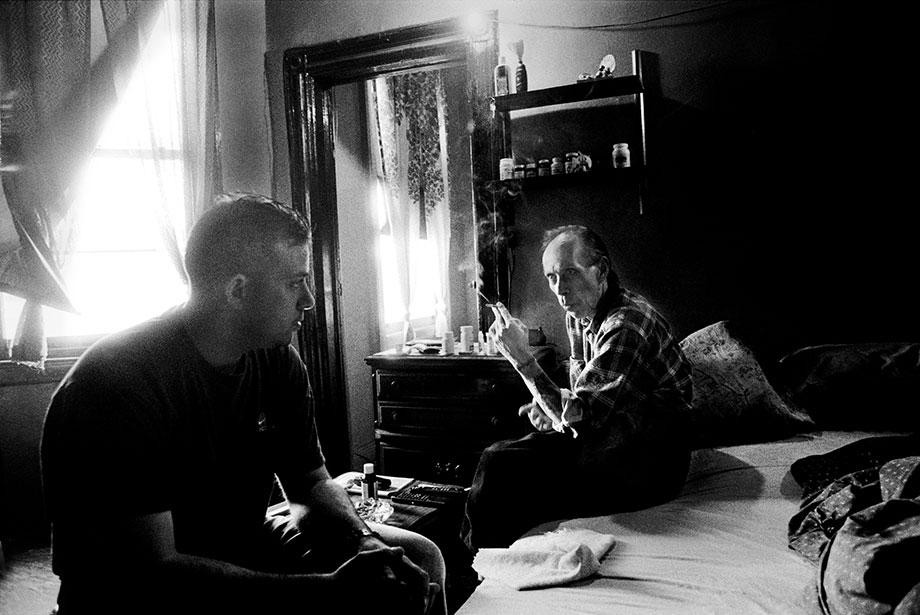
Marc Asnin
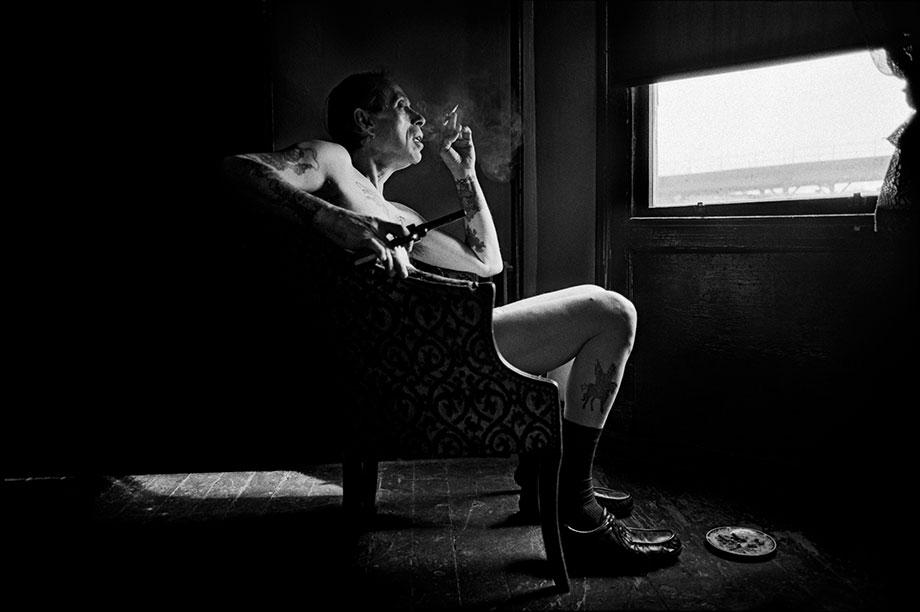
Marc Asnin
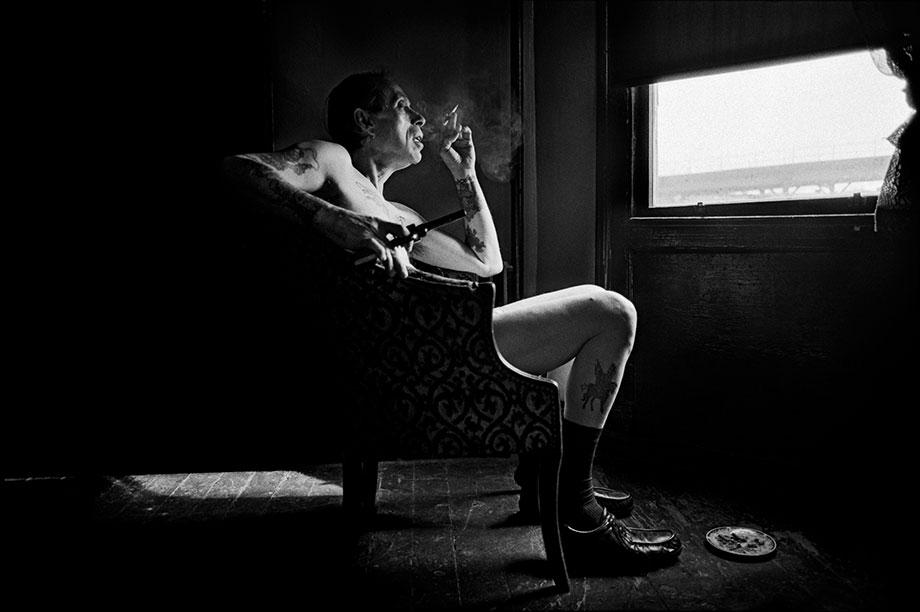
Marc Asnin
The book, which features Henschke’s commentary on his own life, is startlingly honest. Although Asnin warned Henschke that he might not want to share specific parts of his life, Henschke refused, saying, “No, that’s how I feel, and I want everyone to know that, including my children.”
The book, which features Henschke’s commentary on his own life, is startlingly honest. Although Asnin warned Henschke that he might not want to share specific parts of his life, Henschke refused, saying, “No, that’s how I feel, and I want everyone to know that, including my children.”
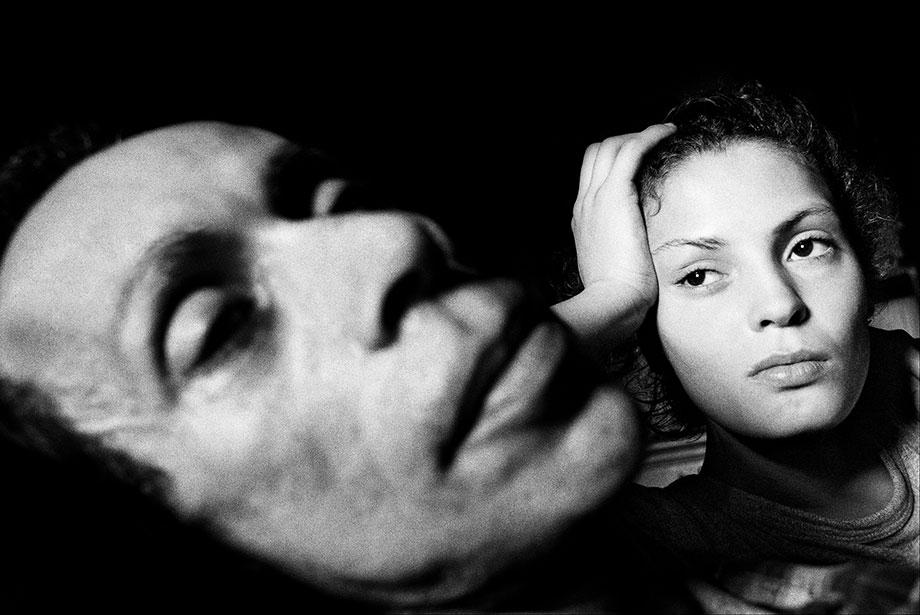
Marc Asnin
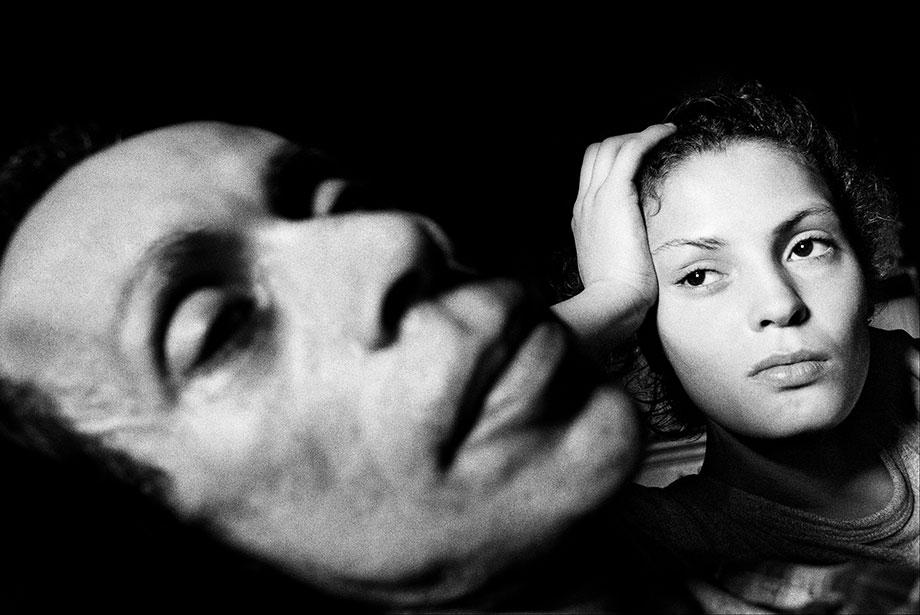
Marc Asnin
Part of that happiness came from having a bit of celebrity status since the publication of the book, such as when he goes to the doctor’s office, people exclaim, “Unbelievable, Charlie! You’re in The New Yorker!”
Asnin, who won the Robert F. Kennedy Journalism Award in September for this work, is exhibiting images from Uncle Charlie through Dec. 28 at Galerie la Petite Poule Noire in Paris.
Asnin, who won the Robert F. Kennedy Journalism Award in September for this work, is exhibiting images from Uncle Charlie through Dec. 28 at Galerie la Petite Poule Noire in Paris.
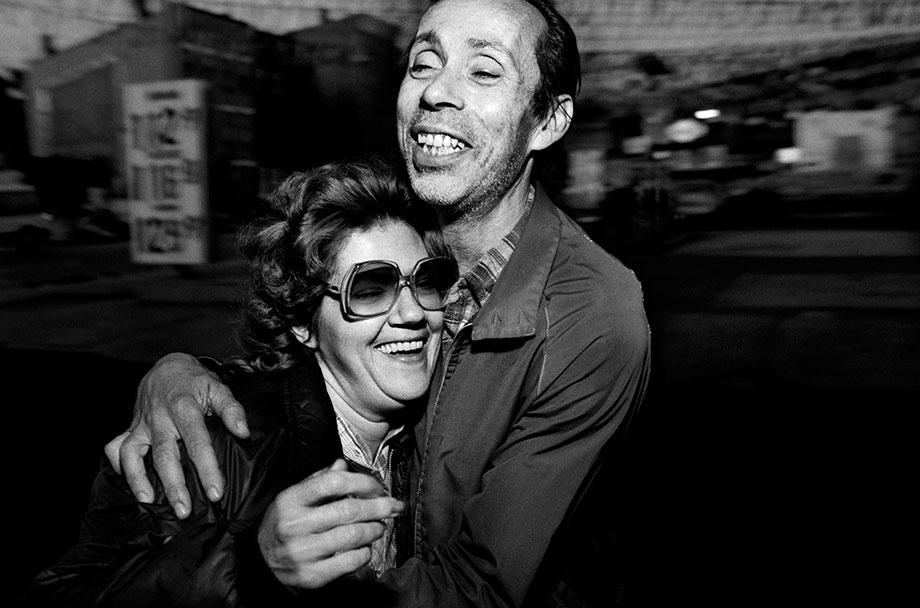
Marc Asnin
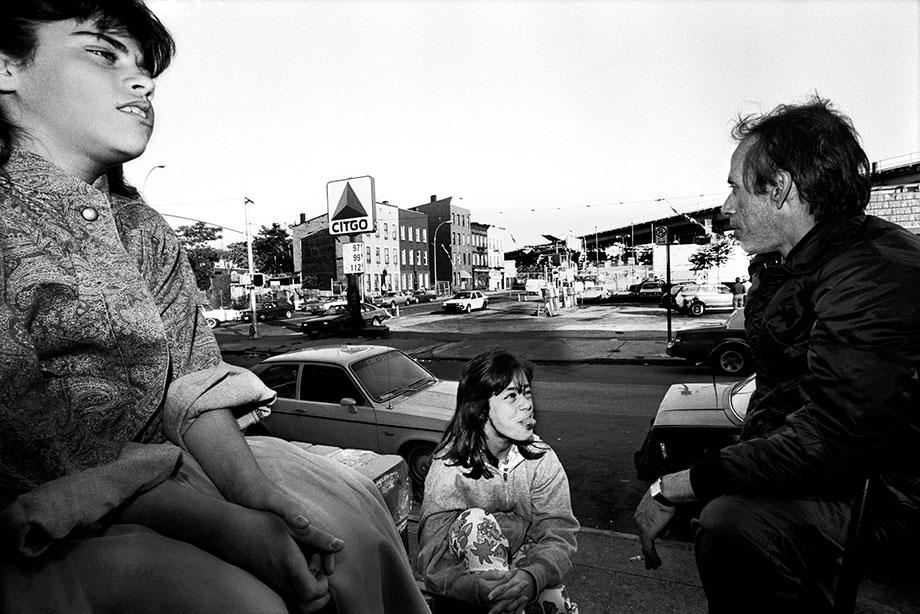
Marc Asnin
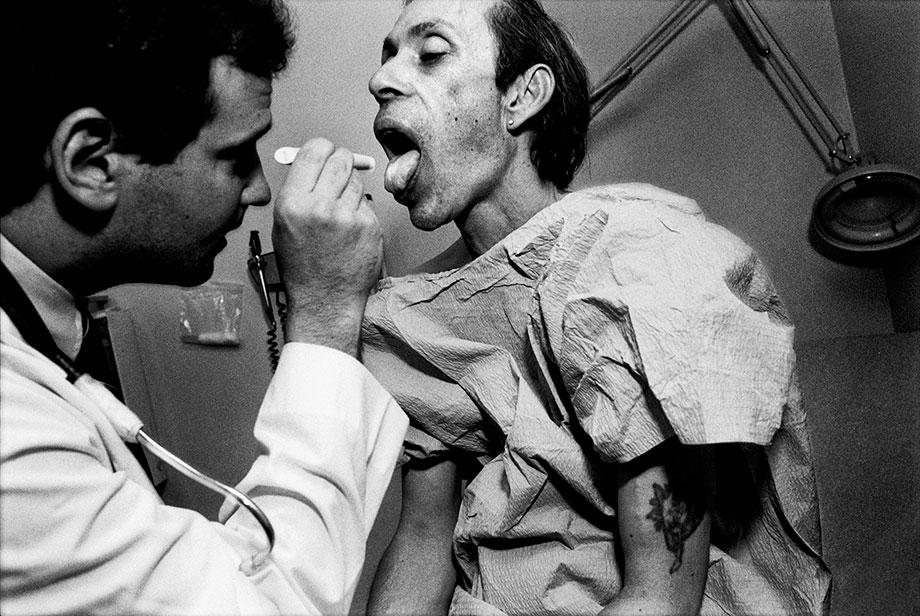
Marc Asnin
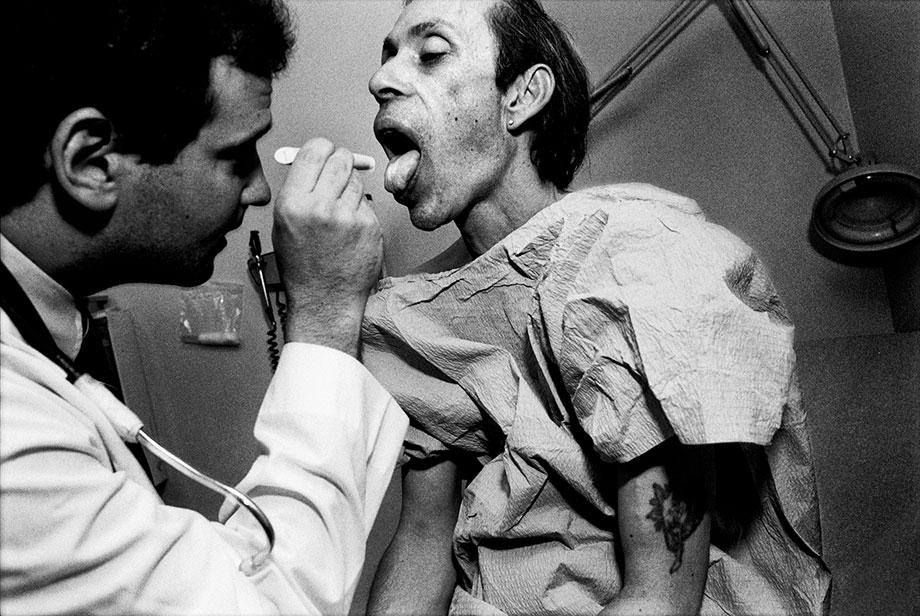
Marc Asnin
